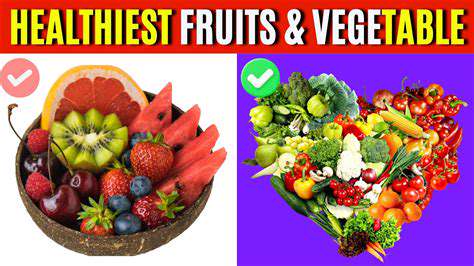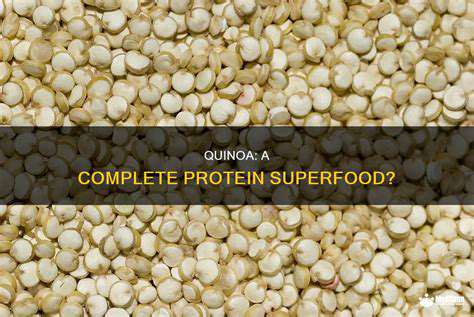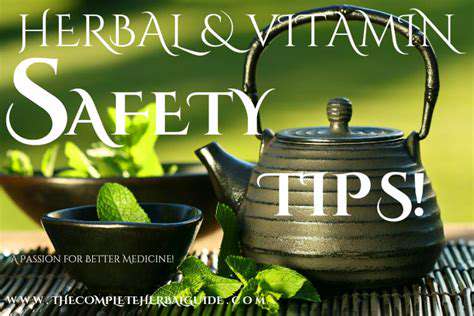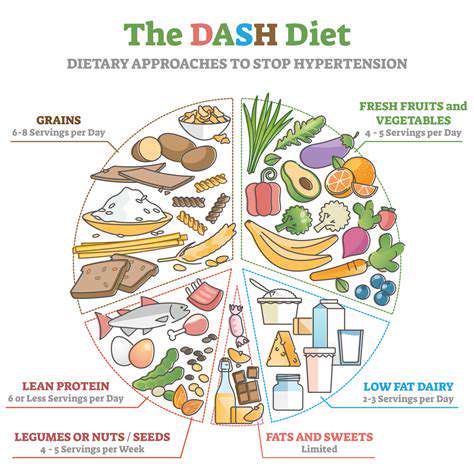Guide to a Clean Eating Lifestyle
Understanding the Core Principles
Clean eating isn't a restrictive diet; it's a mindful shift toward nourishing your body with foods in their purest form. This philosophy centers on consuming ingredients that haven't been altered by industrial processing, steering clear of refined sugars, trans fats, and synthetic additives. When you embrace this approach, you're not just eating - you're cultivating a relationship with food that honors its natural nutritional profile.
The Importance of Whole Foods
At the heart of clean eating lies a simple truth: nature provides everything we need. Fresh produce, lean meats, and unprocessed grains deliver a symphony of nutrients that work in harmony within your body. These foods offer more than just sustenance - they provide the building blocks for cellular repair, immune function, and sustained energy. When you choose an apple over apple-flavored snacks, you're choosing hundreds of beneficial compounds that science is still discovering.
Avoiding Processed Foods and Additives
The modern food landscape is filled with products engineered for shelf life, not human life. These factory-made creations often strip away nutrients while adding substances your body doesn't recognize. By eliminating these foreign ingredients, you allow your digestive system to function as nature intended, absorbing maximum nutrition from every bite. Many people report dramatic improvements in energy, mental clarity, and even skin health when they make this shift.
Prioritizing Fresh Produce
There's magic in the rainbow of fruits and vegetables available to us. Each color represents different phytonutrients - nature's defense mechanisms that become our protection when we consume them. A deep red tomato contains lycopene, while dark leafy greens offer lutein. These compounds work synergistically in ways that supplements can't replicate, demonstrating why whole foods will always surpass processed alternatives.
The Role of Lean Protein
Protein does more than build muscle - it's essential for creating enzymes, hormones, and antibodies. Clean eating emphasizes protein sources that come with their natural nutrient packages. Wild-caught fish brings omega-3s, beans deliver fiber, and pasture-raised eggs contain beneficial fats. This holistic approach to protein ensures you're getting all the cofactors needed for optimal utilization.
Hydration and Healthy Fats
Water is the unsung hero of nutrition, facilitating every biochemical process in your body. Clean eating recognizes that hydration begins with pure water, not sugary drinks or artificial beverages. Similarly, natural fats from olives, nuts, and avocados provide the foundation for hormone production and nutrient absorption. These fats come wrapped in fiber and phytochemicals that refined oils lack, showing how clean eating considers the complete nutritional picture.
Creating a Sustainable Lifestyle
The beauty of clean eating lies in its flexibility. This isn't about perfection but progression - each whole food choice compounds over time. When you view food as information for your cells rather than just calories, every meal becomes an opportunity to nourish yourself. This mindset shift transforms clean eating from a temporary diet into a lifelong practice of self-care.
Key Principles of a Clean Eating Lifestyle
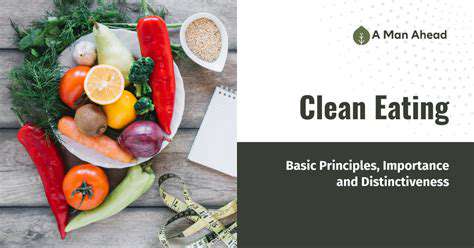
Prioritizing Whole Foods
Real food doesn't need an ingredients list because it is the ingredient. When you build your diet around single-component foods, you automatically eliminate hundreds of questionable additives. This simple filter - asking Did this exist 100 years ago? - can guide most of your grocery decisions. The vibrant colors and varied textures of whole foods aren't just visually appealing; they're nature's way of signaling nutrient diversity.
Mindful Portion Control
Clean eating naturally leads to better portion control because whole foods communicate satiety more effectively than processed ones. The fiber in vegetables, the protein in legumes, and the healthy fats in nuts all trigger biological signals that tell your brain you're satisfied. This internal regulation system works beautifully when we eat foods our bodies evolved to process.
Avoiding Processed Foods and Refined Sugars
The modern diet's greatest trick has been convincing us that sugar is food. In reality, refined sugar bypasses our natural satiety mechanisms, creating cycles of craving and overconsumption. By eliminating these hyper-palatable products, you reset your taste buds to appreciate natural sweetness - the subtle notes in a ripe peach or the earthy richness of roasted sweet potatoes.
Building a Clean Eating Grocery List
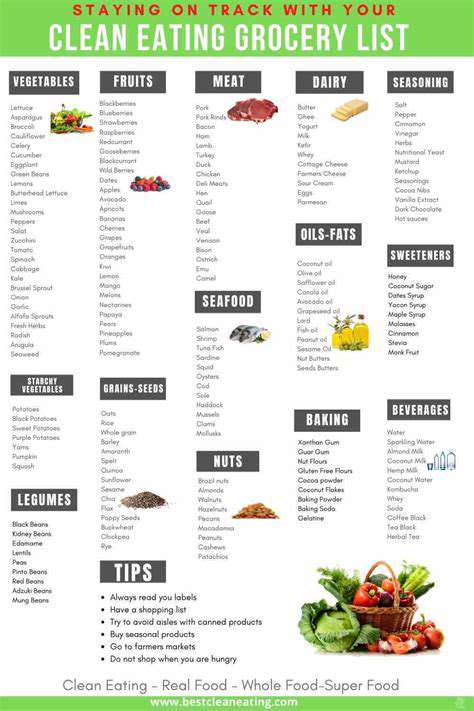
Planning Your Clean Eating Grocery List
Your shopping cart tells the story of your health. A clean eating grocery list focuses on the perimeter of the store where fresh foods live, venturing into aisles only for specific whole food staples like beans or whole grains. This strategy naturally limits exposure to processed temptations while ensuring your kitchen stays stocked with nutritious options.
Selecting Lean Protein Sources
Protein selection in clean eating considers both nutrition and ethics. Wild-caught fish, pasture-raised poultry, and organic plant proteins represent choices that nourish both body and planet. These options typically offer better fatty acid profiles and fewer environmental contaminants than their conventional counterparts.
Considering Healthy Fats
Fear of fat has given way to understanding that quality matters more than quantity. Cold-pressed olive oil, coconut meat, and raw nuts deliver fats along with their natural antioxidants and phytochemicals. These complete packages demonstrate nature's wisdom in combining nutrients for optimal absorption.
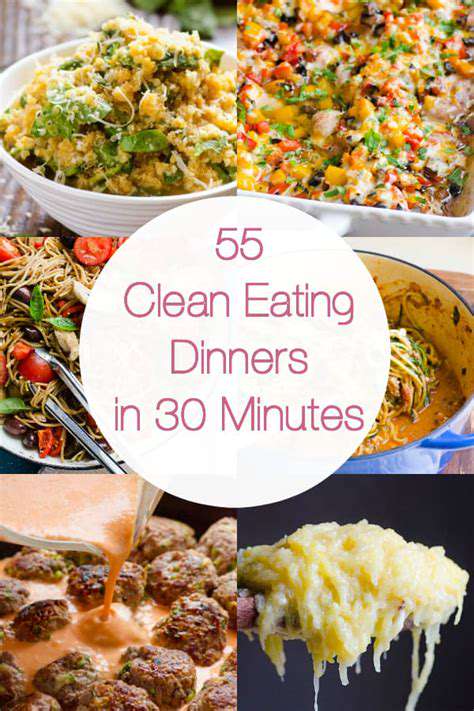
Maintaining a Sustainable Clean Eating Routine
Planning and Preparation
Success lives in the details. Batch cooking grains, washing greens, and prepping vegetables transforms clean eating from aspiration to reality during busy weeks. These small investments of time pay exponential dividends in health and convenience, making nutritious choices the path of least resistance.
Overcoming Challenges and Staying Motivated
The journey isn't about never slipping but about consistently returning to your values. Social situations and stress test our resolve, but clean eating becomes easier when we frame it as self-respect rather than restriction. Each wholesome meal is an act of self-care that compounds over time into lasting vitality.
Read more about Guide to a Clean Eating Lifestyle
Hot Recommendations
-
*Guide to Managing Gout Through Diet
-
*Best Habits for Financial Well being
-
*How to Build a Routine for Better Mental Health
-
*How to Eat Healthy on a Budget [Tips & Meal Ideas]
-
*Guide to Practicing Self Acceptance
-
*How to Incorporate More Movement Into Your Day
-
*Guide to Managing Chronic Pain Naturally
-
*Guide to Building a Reading Habit for Well being
-
*Top 5 Weight Loss Supplements That Actually Work
-
*Best Exercises for Postpartum Recovery [Beyond Abdominal Work]
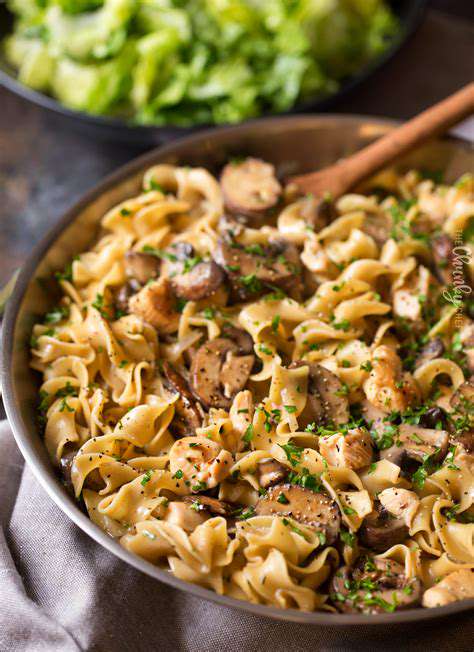

![Best Meditation Apps for Beginners [2025 Review]](/static/images/26/2025-05/Top3MeditationAppsforBeginnersin2025.jpg)
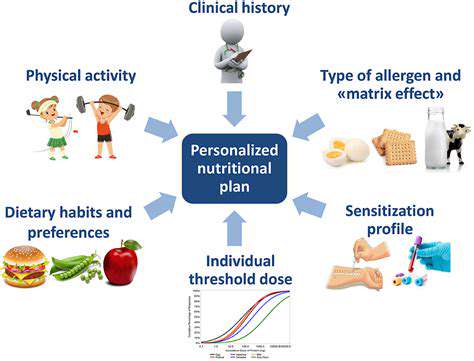
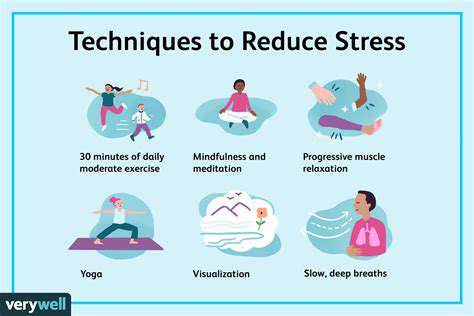

![Guide to Training for a Triathlon [Beginner Plan]](/static/images/26/2025-05/Running3ALayingtheGroundwork.jpg)
